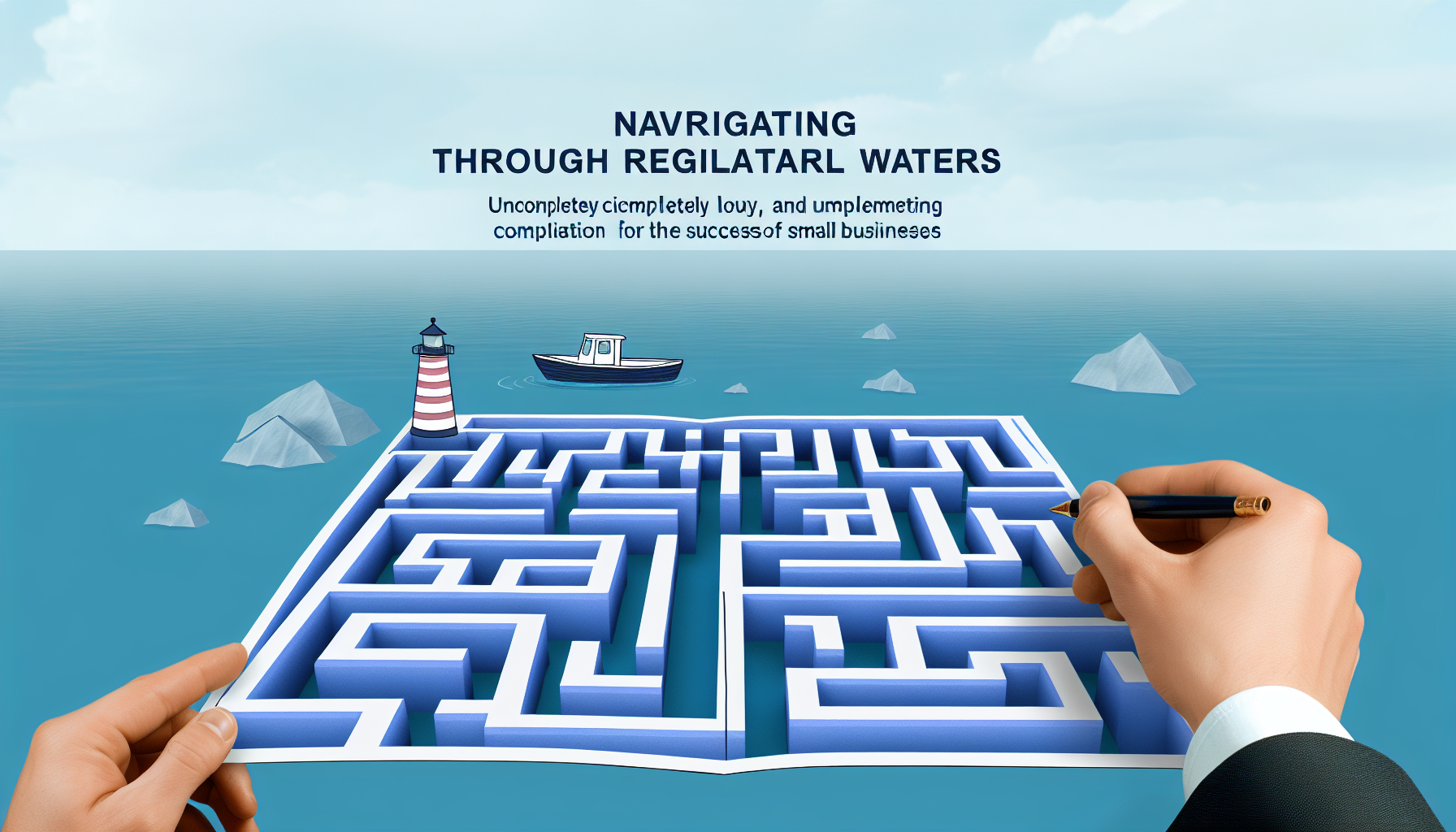Introduction
Owning a small business requires navigating a multitude of regulations and compliance requirements. One industry that is particularly regulated is the heating, ventilation, and air conditioning (HVAC) industry. In order to operate an HVAC business legally and ethically, it is crucial to understand and comply with all applicable licensing and regulatory requirements. This blog post aims to shed light on the process of obtaining an HVAC license, the benefits of obtaining one, and the potential consequences of non-compliance.
The Importance of HVAC Licensing
Obtaining an HVAC license is essential for small business owners in the HVAC industry. It demonstrates competence and professionalism and ensures that the business operates within legal boundaries. Here are some of the key reasons why HVAC licensing is crucial:
- Legal Compliance: Operating without a proper HVAC license is against the law in most jurisdictions. Licensing requirements vary by state, but non-compliance can result in hefty fines and potentially even the closure of the business.
- Customer Confidence: Holding a valid HVAC license helps establish trust with potential customers. It demonstrates that the business has met certain standards and qualifications, giving customers confidence in their expertise and ability to perform reliable HVAC services.
- Competitive Advantage: In a competitive industry, having an HVAC license sets a business apart from unlicensed competitors. It shows a commitment to professionalism and adherence to industry standards, making the business more attractive to potential customers.
- Access to Permits and Contracts: Many municipalities require HVAC contractors to hold a license in order to obtain the necessary permits for installation or repair projects. Additionally, holding an HVAC license may be a prerequisite for bidding on certain contracts, providing more opportunities for business growth.
Navigating the Licensing Process
While the specific requirements to obtain an HVAC license vary by state, there are general steps that are common across most jurisdictions. Here is an outline of the typical process:
- Educational Requirements: Most states require HVAC technicians to complete a formal education program in heating, ventilation, air conditioning, and refrigeration. These programs can be found at trade schools, community colleges, or online.
- Apprenticeship: In addition to education, many states require HVAC technicians to complete an apprenticeship program under the supervision of a licensed professional. This provides valuable hands-on experience and mentorship.
- Licensing Exam: After completing the necessary education and apprenticeship requirements, HVAC technicians must pass a licensing exam. This typically covers the technical aspects of HVAC systems, safety protocols, and relevant codes and regulations.
- Background Check: To ensure public safety, many states require HVAC technicians to undergo a background check. This is to identify any criminal history or other factors that may disqualify an individual from obtaining a license.
- Application and Fees: Once all the prerequisites are met, applicants must submit a licensing application and pay the required fees. The application usually requires documentation of education, apprenticeship, and any other relevant certifications.
- Continuing Education: After obtaining an HVAC license, ongoing education and training may be required to maintain the license. This ensures that HVAC technicians stay updated on the latest industry standards and techniques.
Consequences of Non-Compliance
Operating an HVAC business without the necessary license can have serious consequences. Here are some of the potential ramifications of non-compliance:
- Fines and Penalties: HVAC licensing violations can result in significant fines and penalties. The exact amount varies by jurisdiction, but it is not uncommon for fines to range from hundreds to thousands of dollars.
- Legal Troubles: In addition to monetary penalties, unlicensed HVAC contractors may face legal action, including lawsuits from customers or regulatory agencies. This can be both financially and reputationally damaging.
- Limited Opportunities: Without a valid HVAC license, contractors may be unable to obtain necessary permits or bid on certain contracts. This limits the growth and profitability potential of the business.
- Damaged Reputation: Operating without a license can tarnish the reputation of an HVAC business. Customers may view the business as unprofessional or unreliable, leading to a loss of trust and potential customers.
Frequently Asked Questions (FAQ)
Q1: Is an HVAC license required in every state?
A1: While HVAC licensing requirements vary by state, the majority of states do require HVAC technicians and contractors to hold a license. It is important to research and comply with the specific licensing regulations in your state.
Q2: Are there different types of HVAC licenses?
A2: Yes, some states may offer different types of HVAC licenses based on the scope of work performed. These may include limited licenses for specific HVAC activities or specialized licenses for working with certain types of systems.
Q3: How long does it take to obtain an HVAC license?
A3: The timeline for obtaining an HVAC license can vary depending on the specific requirements of your state. It typically takes several years to complete the necessary education, apprenticeship, and exam requirements.
Q4: Can I operate an HVAC business without a license if I subcontract licensed technicians?
A4: It is important to consult with legal professionals in your jurisdiction, but in general, the responsibility for holding a valid HVAC license falls on the business owner. Simply subcontracting licensed technicians may not exempt you from the licensing requirements for operating an HVAC business.
Q5: Do I need to renew my HVAC license periodically?
A5: Yes, many states require HVAC license renewal on a regular basis, typically every 1-3 years. Renewal often involves completing continuing education credits to ensure technicians stay updated on industry developments and best practices.
Conclusion
Navigating HVAC licensing requirements is an essential aspect of running a small business in the HVAC industry. By obtaining and maintaining the proper license, HVAC contractors can operate legally, win customer trust, gain a competitive advantage, and access more job opportunities. It is crucial to understand and comply with the specific licensing regulations in your state to avoid fines, legal troubles, and loss of reputation. Always prioritize compliance and professionalism to ensure long-term success in the HVAC business.




